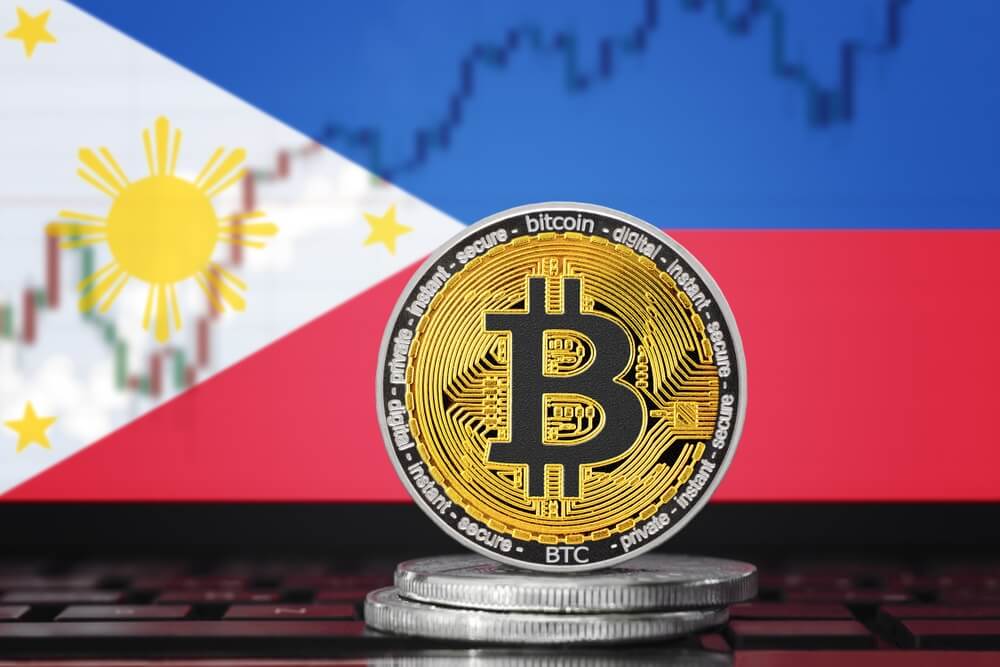We all know that cryptocurrencies are a big deal in Asia, but it seems like the Philippines is a growing hub for related crypto usage.
Despite Price Swings, Crypto Remains Popular
Digital assets have enjoyed something of a mixed back over the past year. Since early 2018, bitcoin, Ethereum and many other digital currencies have been trapped in the doldrums with seemingly no way out. Things got even worse last November when prices fell to their lowest points in almost two years. Bitcoin, for example, had been hanging around the $6,000 mark all summer, though by the time Thanksgiving rolled along, it fell to roughly $3,600.
Now, cryptocurrencies are seemingly making a comeback, with bitcoin spiking beyond $5,000 and Ethereum hitting the $176 mark, but there’s still lots of room for improvement. These prices don’t compare to the stellar moves we all witnessed in 2017, and many enthusiasts are longing to get back to those days quickly.
Despite the consistent price fluctuations, the Philippines is showing great affection for cryptocurrencies and blockchain technology. In addition, the country is witnessing heightened lenience amongst cryptocurrency regulators.
Thus far, approximately 29 individual cryptocurrency exchanges have been approved by officials, while the country’s central bank have approved an additional three in recent months. Compare this to other regions like India, who’s central bank officially barred companies from doing business with cryptocurrency exchanges last year.
The Philippines’ central bank has approved a total of ten cryptocurrency exchanges.
Jonathan Ravelas – chief marketing strategist with Banco de Oro UniBank in Metro Manila – says that the country is taking the fast route to technological innovation. He comments:
Fintech appears be very advanced in the Philippines. [Consumers] eventually look at the mobility of having it in mobile wallets, [which] gives them flexibility to use money.
One of the biggest problems that residents are facing is a lagging banking structure. It is estimated that roughly seven out of ten Filipinos do not have access to bank accounts, and cryptocurrencies provide them with an alternative option to make payments.
Digital assets are also a popular method of raising capital amongst businesses. This has given rise to initial coin offerings (ICOs) all over the country.
Moving Ahead of the Game
Kenneth Ameduri – financial analyst and CEO of crypto news platform “Crush the Street” – says that the Philippines are in a prime position as of late, as it’s a very technically advanced country. He also says that cryptocurrencies are happening and cannot be avoided, which places the Philippines ahead of other nations:
I think the Philippines understand that it’s going to be a very big deal to be involved with cryptocurrency because it’s going to happen no matter what. If they’re the ones to treat this capital best, the capital is going to flow there, and the other jurisdictions are just going to completely miss out.



